IAAF Considers Wiping All Pre-2005 World Records
IAAF Considers Wiping All Pre-2005 World Records
The International Association of Athletics Federations (IAAF) has issued a proposal which could potentially wipe out a number of world records, Sean Ingle of the Guardian reports.
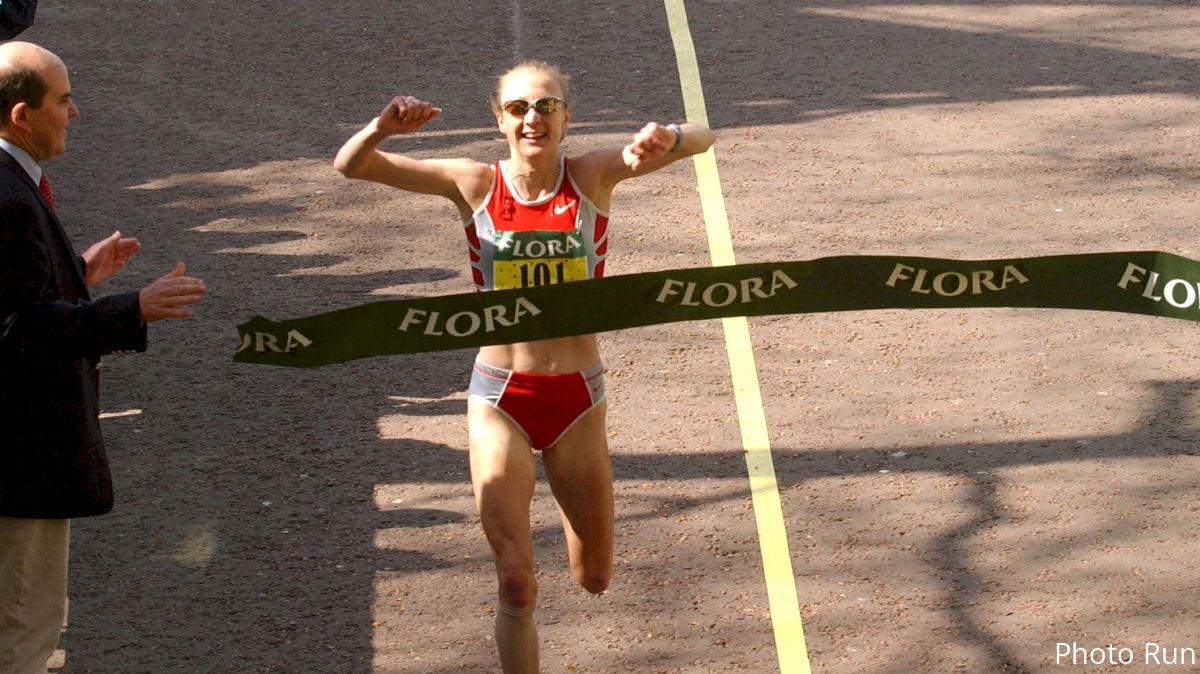
The International Association of Athletics Federations (IAAF) has been given a proposal which could potentially wipe out a number of world records, Sean Ingle of the Guardian reports.
The proposal is attempting to increase the amount of testing conducted before the record performance and make the athlete's sample available for retesting after the record. The IAAF has stored blood and urine samples since 2005, which would make any world records run prior to be considered no longer official.
As Ingle points out, the new rules would clear a number of historical marks, including Paula Radcliffe's marathon world record of 2:15:25 set in 2003, Mike Powell's long jump record of 8.95m set in 1991, Hicham El Guerrouj's 1500m mark of 3:26 set in 1998, and Florence Griffith-Joyner's 100m and 200m world records set in 1988. But according to the new rules, recent records such as Usain Bolt's 100m and 200m marks are likely to remain intact because they were set recently, as long as the marks follow the new criteria for ratification.
"What we are proposing is revolutionary, not just because most world and European records will have to be replaced, but because we want to change the concept of a record and raise the standards for recognition to a point where everyone can be confident that everything is fair and above board," European Athletics president Svein Arne Hansen said.
The proposal was shared at the European Athletics council meeting where it received the support of IAAF president Sebastian Coe. The federation is expected to approve the proposal in July.
A new record would only be recognized if the performance "is achieved at competitions on a list of approved international events; the athlete has been subject to an agreed number of doping control tests in the months leading up to the performance, which the Guardian understands is likely to be six, and the doping control sample taken after the record is stored and available for re-testing for 10 years."
The proposal is attempting to increase the amount of testing conducted before the record performance and make the athlete's sample available for retesting after the record. The IAAF has stored blood and urine samples since 2005, which would make any world records run prior to be considered no longer official.
As Ingle points out, the new rules would clear a number of historical marks, including Paula Radcliffe's marathon world record of 2:15:25 set in 2003, Mike Powell's long jump record of 8.95m set in 1991, Hicham El Guerrouj's 1500m mark of 3:26 set in 1998, and Florence Griffith-Joyner's 100m and 200m world records set in 1988. But according to the new rules, recent records such as Usain Bolt's 100m and 200m marks are likely to remain intact because they were set recently, as long as the marks follow the new criteria for ratification.
"What we are proposing is revolutionary, not just because most world and European records will have to be replaced, but because we want to change the concept of a record and raise the standards for recognition to a point where everyone can be confident that everything is fair and above board," European Athletics president Svein Arne Hansen said.
The proposal was shared at the European Athletics council meeting where it received the support of IAAF president Sebastian Coe. The federation is expected to approve the proposal in July.
A new record would only be recognized if the performance "is achieved at competitions on a list of approved international events; the athlete has been subject to an agreed number of doping control tests in the months leading up to the performance, which the Guardian understands is likely to be six, and the doping control sample taken after the record is stored and available for re-testing for 10 years."
Related Content
 Penn Relays 2024 Results: See Which NCAA Stars Won
Penn Relays 2024 Results: See Which NCAA Stars WonApr 27, 2024
 Pro Men's 4x400m Relay Open/club, Event 592, Finals 1
Pro Men's 4x400m Relay Open/club, Event 592, Finals 1Apr 27, 2024
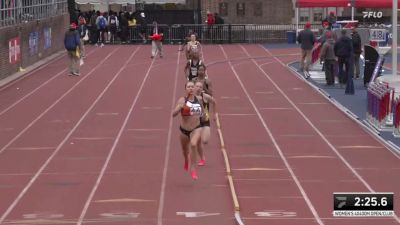 Pro Women's 4x400m Relay Open/club, Event 591, Finals 1
Pro Women's 4x400m Relay Open/club, Event 591, Finals 1Apr 27, 2024
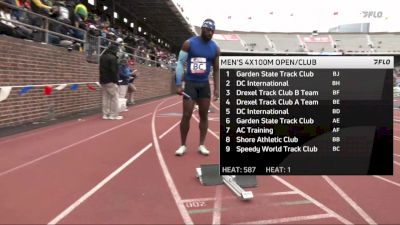 Pro Men's 4x100m Relay Open/club, Event 587, Finals 1
Pro Men's 4x100m Relay Open/club, Event 587, Finals 1Apr 27, 2024
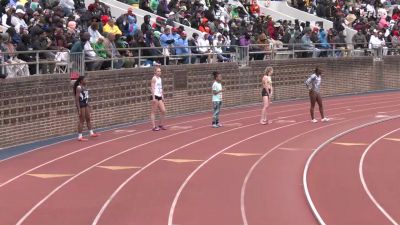 Pro Women's 4x100m Relay Open/club, Event 586, Finals 1
Pro Women's 4x100m Relay Open/club, Event 586, Finals 1Apr 27, 2024
 Professional Men's 4x400m Relay Event 577, Finals 1
Professional Men's 4x400m Relay Event 577, Finals 1Apr 27, 2024
 Professional Men's 4x400m Relay Event 577, Finals 1
Professional Men's 4x400m Relay Event 577, Finals 1Apr 27, 2024
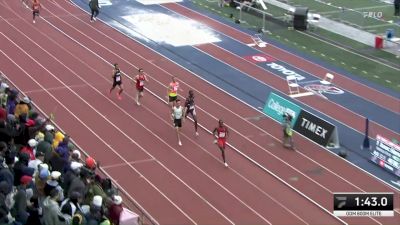 Professional Men's 800m Olympic Development, Event 575, Finals 1
Professional Men's 800m Olympic Development, Event 575, Finals 1Apr 27, 2024
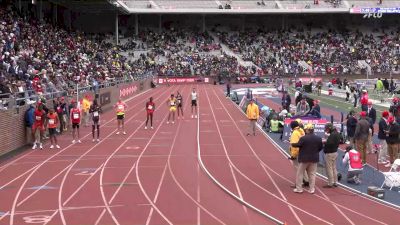 Professional Men's 800m Olympic Development, Event 575, Finals 1
Professional Men's 800m Olympic Development, Event 575, Finals 1Apr 27, 2024